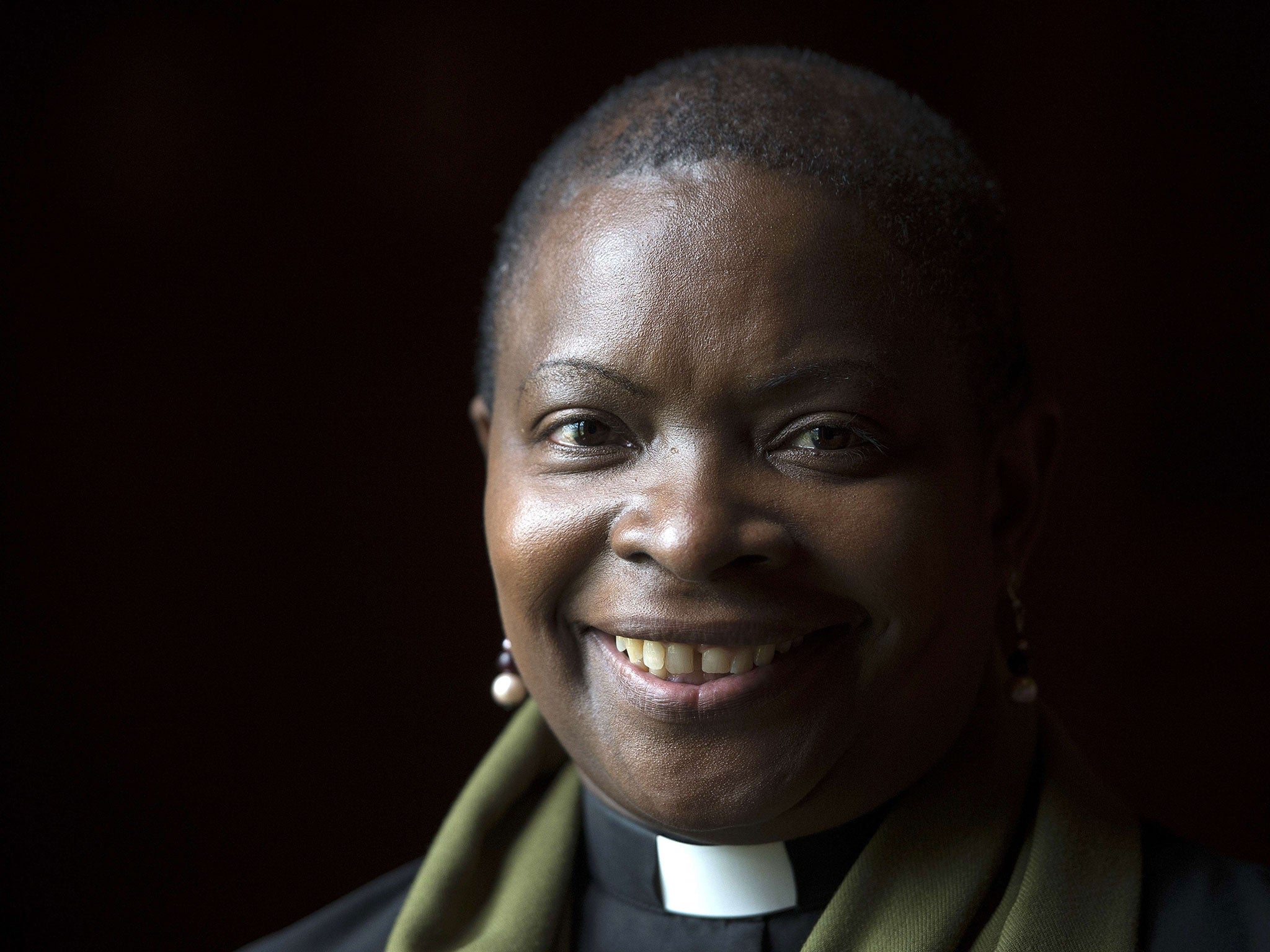Vote against women bishops would be ‘catastrophic’ for Church of England, religious leaders argue
Next week the Synod of the Church of England is expected – finally – to give the go ahead to the measure

Your support helps us to tell the story
From reproductive rights to climate change to Big Tech, The Independent is on the ground when the story is developing. Whether it's investigating the financials of Elon Musk's pro-Trump PAC or producing our latest documentary, 'The A Word', which shines a light on the American women fighting for reproductive rights, we know how important it is to parse out the facts from the messaging.
At such a critical moment in US history, we need reporters on the ground. Your donation allows us to keep sending journalists to speak to both sides of the story.
The Independent is trusted by Americans across the entire political spectrum. And unlike many other quality news outlets, we choose not to lock Americans out of our reporting and analysis with paywalls. We believe quality journalism should be available to everyone, paid for by those who can afford it.
Your support makes all the difference.Saint Paul was well known for changing his mind. The apostle, whose declaration that a woman should not usurp the authority of man has formed one of the scriptural pillars of traditional opposition to female bishops, underwent a celebrated conversion on the way to Damascus.
Its rapidity stands in stark contrast to the Church of England. Having first discussed the issue nearly a century ago, Anglicans have been progressing at a much more leisurely pace in coming to a fresh position on equality in the episcopate. A decade ago the idea was agreed in principle – although attempts to cement the change church law ended in heartbreak for supporters in November 2012, when it was defeated by just six votes.
On Monday in the Central Hall of the University of York, the Synod of the Church of England is expected – finally – to give the go ahead to the measure.
The Speaker’s Chaplain, the Reverend Rose Hudson-Wilkin, who has been widely tipped to be the first woman bishop, was not alone in declaring the prospect of equality as a “miracle” although she warned that it was far from a foregone conclusion.
“I think it would be foolish to jump up and down and say it’s in the bag – it’s not all in the bag. If this happens then we will be getting a church that truly reflects the people of God and truly reflects what it means to be the body of Christ – male and female together in leadership,” she said.
Justin Welby, the Archbishop of Canterbury, is said to be prepared to drive through the change should the draft measure be defeated on Monday evening.
Among the options reported to be under consideration are dissolving the Synod to allow fresh elections to take place; or driving through the measure in the House of Lords to avoid Parliament stepping in.
Lambeth Palace has refused to be drawn on the suggestion, remaining quietly confident that the simplified second chance, championed by Mr Welby, will succeed.
The Archbishop, whose director of reconciliation, Canon David Porter, participated in negotiations paving the way for the Northern Ireland peace agreement, has held talks and mediation in an attempt to resolve the differences between Anglo-Catholics and conservative evangelicals who oppose women bishops and the majority that support the measure.
Yet while Church leaders were describing a “new sense of hope and expectation”, some doubts remained.
Anneliese Barrell of the Diocese of Exeter acknowledged that an atmosphere of trust had been engendered in the discussions and would continue to co-operate with all groups, but she said: “The measure before us … is not acceptable to the Catholic group, but what it represents is an exciting possibility.”
Canon Peter Spiers of the Diocese of Liverpool said abstention was not a wasted vote and urged Synod members not to vote against. “People who abstain are people who say we recognise this legislation if it were to fail would be catastrophic for the Church of England,” he said.
Margaret Condick, a lay member of the Synod from the St Edmundsbury and Ipswich diocese, said the 2012 defeat had been “incomprehensible” to most people. “Please let’s not have to go back to the diocese and apologise yet again,” she said.
Join our commenting forum
Join thought-provoking conversations, follow other Independent readers and see their replies
Comments